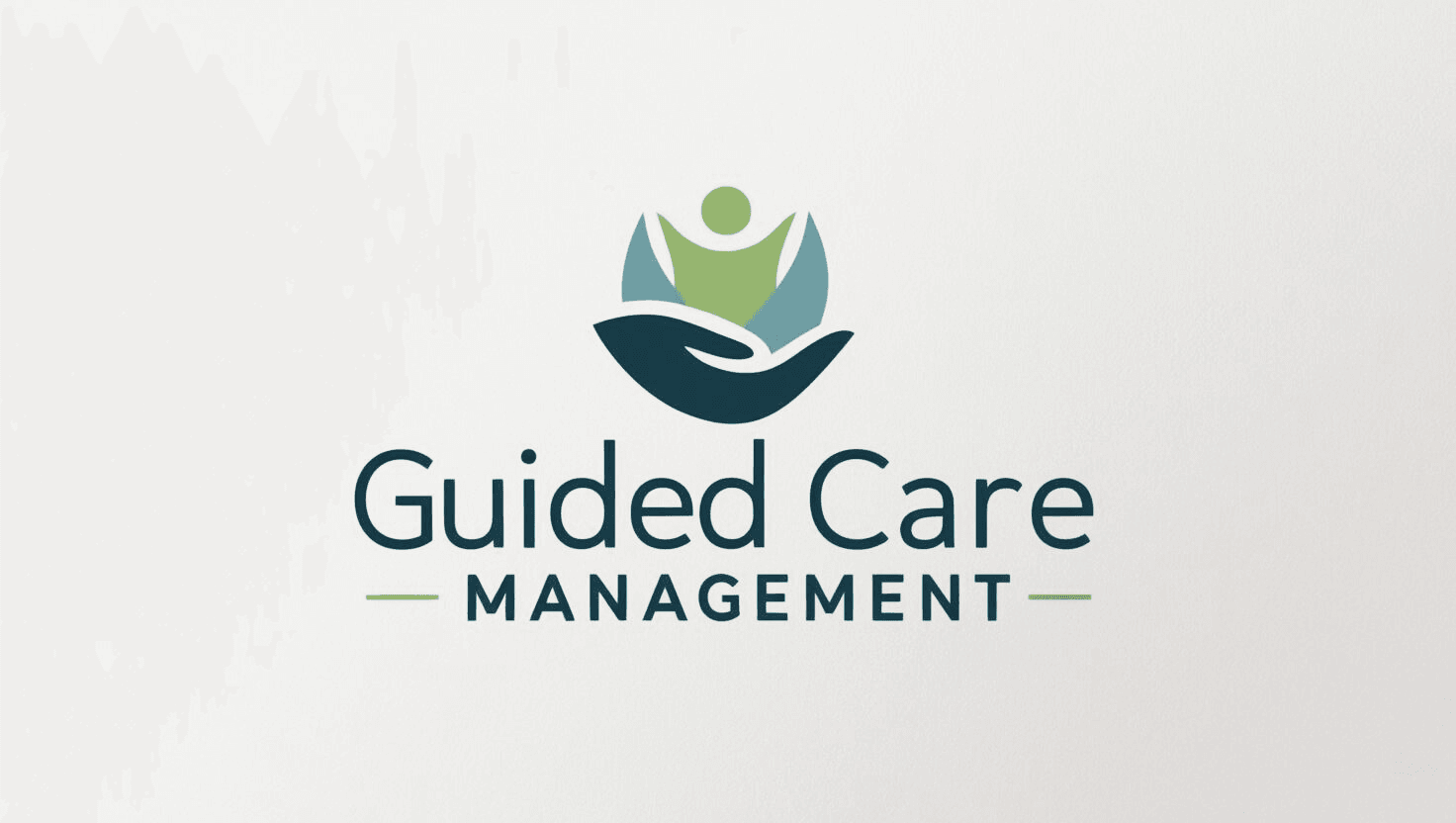Top Family Caregiver Planning Tips from Expert Case Managers
Understanding the Role of a Family Caregiver
Being a family caregiver is a rewarding yet challenging role. It involves providing support and care to a family member who may be elderly, disabled, or ill. As a family caregiver, it is crucial to plan effectively to manage responsibilities while maintaining your well-being. Expert case managers offer valuable insights and strategies to ensure that caregivers are prepared and equipped for this important task.
One of the first steps to effective caregiving is understanding the specific needs of your loved one. This may involve coordinating with healthcare professionals to ensure that you are aware of any medical conditions and the appropriate care requirements. It is essential to keep detailed records of appointments, medications, and treatment plans for easy reference.

Creating a Comprehensive Care Plan
A well-thought-out care plan is the cornerstone of successful caregiving. Begin by assessing the needs of the person in your care, including their physical, emotional, and social requirements. Collaborate with healthcare providers and case managers to develop a personalized plan that addresses these needs comprehensively.
Consider incorporating the following elements into your care plan:
- Daily routines and activities
- Medication schedules and management
- Emergency contact information
- Support resources and services

Navigating Financial and Legal Considerations
Financial and legal planning are critical components of caregiving. Understanding the costs associated with care and exploring available financial assistance programs can help alleviate financial stress. It may also be beneficial to consult with a legal advisor to address issues like power of attorney, wills, and advance directives.
Having these elements in place ensures that both you and your loved one are protected and prepared for any eventuality. Remember, it is crucial to regularly review and update these documents to reflect any changes in circumstances or preferences.

Prioritizing Self-Care for Caregivers
Caring for yourself is just as important as caring for your loved one. Burnout is a common issue among caregivers, so it is vital to incorporate self-care into your routine. Make time for hobbies, exercise, and social interactions that rejuvenate and energize you.
Additionally, consider joining support groups where you can connect with other caregivers. Sharing experiences and advice can provide emotional relief and practical tips to enhance your caregiving skills.
Utilizing Community Resources
Many communities offer resources and services designed to support caregivers. These can include respite care, meal delivery services, transportation assistance, and more. Familiarize yourself with what is available in your area to supplement your caregiving efforts.
Expert case managers often recommend connecting with local agencies or organizations that specialize in eldercare or disability services. They can provide guidance and access to valuable resources that can make a significant difference in your caregiving journey.

Embracing Technology in Caregiving
Technology can be a powerful ally for caregivers. From apps that track medication schedules to devices that monitor health vitals remotely, embracing technology can simplify many aspects of caregiving. Explore options that best suit your needs and those of your loved one.
Many caregivers find peace of mind in using technology for communication, enabling them to stay connected with healthcare providers and family members efficiently. Staying informed about the latest advancements can enhance the quality of care you provide.
Regularly Reviewing and Adjusting the Care Plan
Care needs can change over time, making it necessary to regularly review and adjust the care plan. Schedule periodic evaluations with healthcare providers and case managers to ensure that the care plan remains relevant and effective.
Being proactive in making adjustments helps prevent potential issues and ensures that your loved one continues to receive optimal care tailored to their evolving needs.

Conclusion: The Importance of Preparation
Effective caregiving requires preparation, patience, and perseverance. By following expert tips from case managers, family caregivers can create a supportive environment that benefits both the caregiver and their loved one. Remember that you are not alone on this journey; numerous resources and communities are available to support you every step of the way.
The role of a family caregiver is invaluable, and with the right planning and support, you can navigate this journey successfully while maintaining your well-being.
